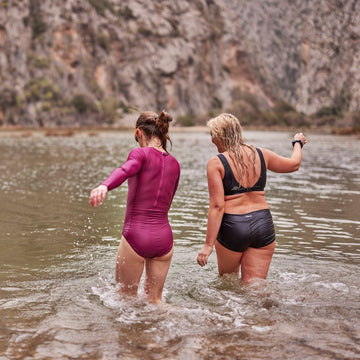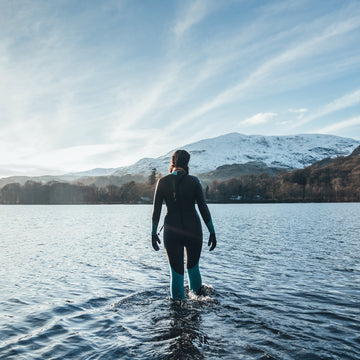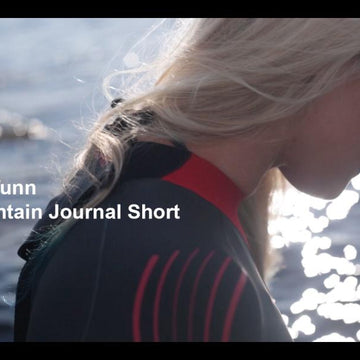
91 years on since the original Kinder Trespass helped gives us rights of way, 500 swimmers gathered at Kinder Reservoir asking for the same right in water.
Alpkiteer and founder of The Outdoor Swimming Society, Kate Rew, tells us about the recent trespass swim in Kinder Reservoir.
91 years on since the original Kinder Trespass helped gives us rights of way, 500 swimmers gathered at Kinder Reservoir asking for the same right in water.
It is 10am on Sunday April 23rd 2023, 91 years on from the original Kinder trespass, when people who lived in towns around Kinder Scout in the Peak District attempted to summit the scout and were held back by gamekeepers.
We are waiting at a car park at the end of Kinder Road for a river of swimmers to appear. We’ve staked a 4 metre red and white banner saying FREE SWIMMING by a tree, and GO SWIMMING placards are piled at our feet and held aloft above our heads. This is what we intend to do – go swimming, in Kinder Reservoir - but first we want to find the others.
Soon enough there’s a steady stream of people, and with our ranks swelled we set off. It’s a 2.5km walk to the ‘get in’ point designated by a kind of rave flyer that’s been doing the rounds on social media for the last month.

When we turn the corner to see hundreds of people who do: swimmers are stacking up either side of a stone wall, clinging on to a steep bank, in various stages of dress and undress - legs half in and out of trousers, hats on, coats off. The demographic here is ‘free spirited’ but that is where any similarities end: we have all ages, 76 to 7, urban and rural.

What the assembled crowd want is the uncontested right to swim in open water: to go nice places and do good things. For years swimmers and paddlers in England and Wales have operated in a legal grey area where it is (in the main) neither explicitly forbidden or allowed to go swimming.
Midday approaches and passes, with swimmers queuing up to duck under a barbed wire fence and scramble down to the water. Three of us swim offshore with the giant banner, creating a temporary island, a place to head for – and then the crowds start to plunge in. The noise level goes crazy: people are shrieking, whooping, puffing, blowing.


And then, just a few hours later: we are all gone. It’s quiet: the banners, damp swim gear and people have all disappeared back into homes. The force used by the gamekeepers in 1932, and the resulting imprisonment and trial of the activists, increased public support for open access land, and may have helped the passage of National Parks legislation in 1949, 17 years later. We don’t meet any gamekeepers: there are no police, no security guards from United Utilities, no wardens from Peak District National Parks, no anybody out there to offend. In our act of civil disobedience we have just taken our free swim, left no trace and gone quietly on our way.

![Tarka Wetsuit [Mens]](http://eu.alpkit.com/cdn/shop/files/mens-tarka-2025-1.jpg?v=1744741374&width=768)
![Tarka Wetsuit [Mens]](http://eu.alpkit.com/cdn/shop/files/mens-tarka-2025-4.jpg?v=1744741374&width=768)
![Tarka Wetsuit [Womens]](http://eu.alpkit.com/cdn/shop/files/womens-tarka-2025-1.jpg?v=1744741661&width=768)
![Tarka Wetsuit [Womens]](http://eu.alpkit.com/cdn/shop/files/womens-tarka-2025-3.jpg?v=1744741662&width=768)
![Straven [Womens]](http://eu.alpkit.com/cdn/shop/files/womens-straven-2025-1.jpg?v=1744741948&width=768)
![Straven [Womens]](http://eu.alpkit.com/cdn/shop/files/womens-straven-2025-3.jpg?v=1744741949&width=768)
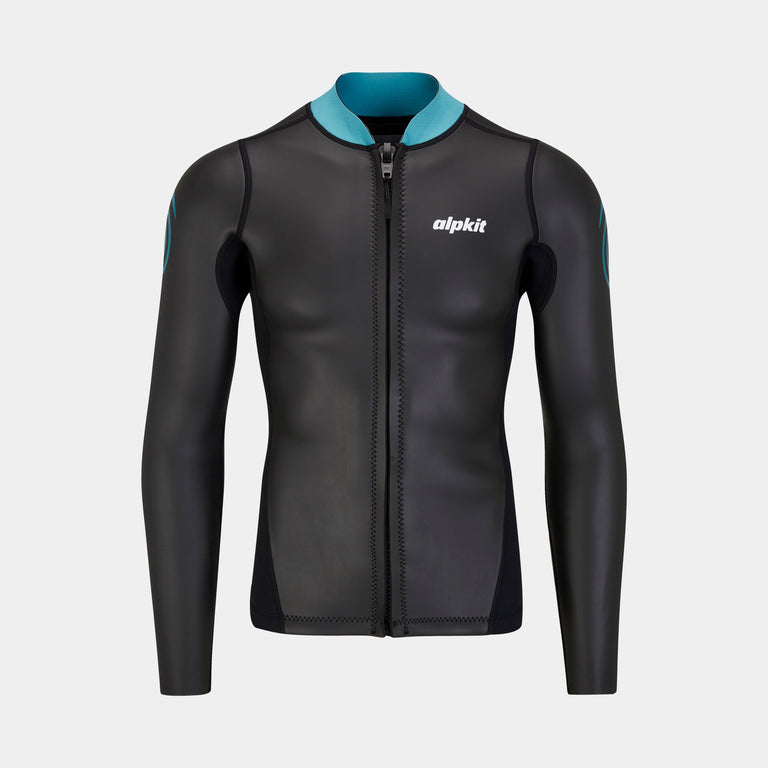
![Element Wetsuit Jacket [Mens]](http://eu.alpkit.com/cdn/shop/products/element-mens-jacket-pants-ecom-2_20228afb-4b26-41de-8747-726b26edded5.jpg?v=1699443321&width=768)
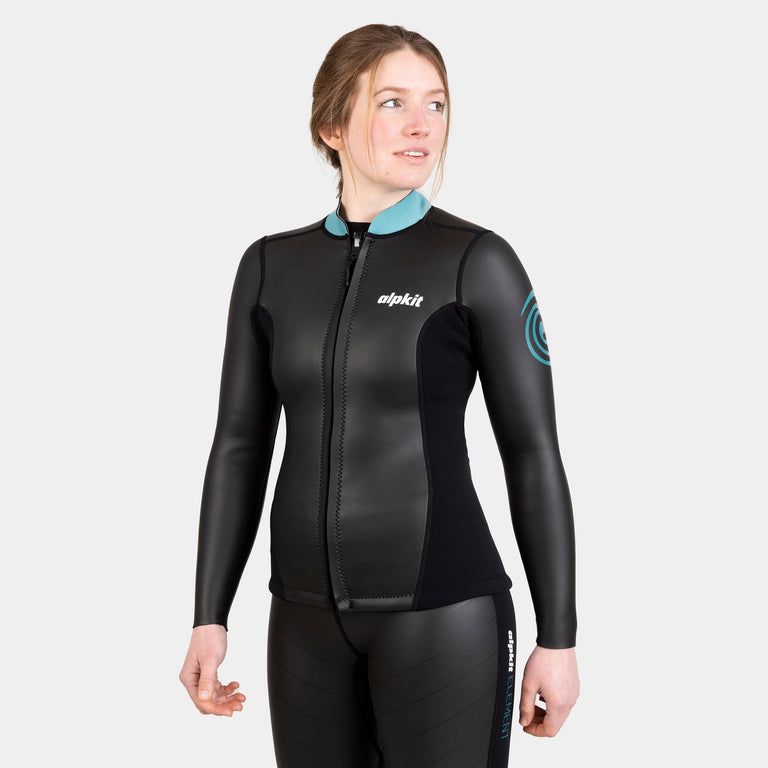
![Element Wetsuit Jacket [Womens]](http://eu.alpkit.com/cdn/shop/products/element-womens-jacket-pants-ecom-2.jpg?v=1702651976&width=768)
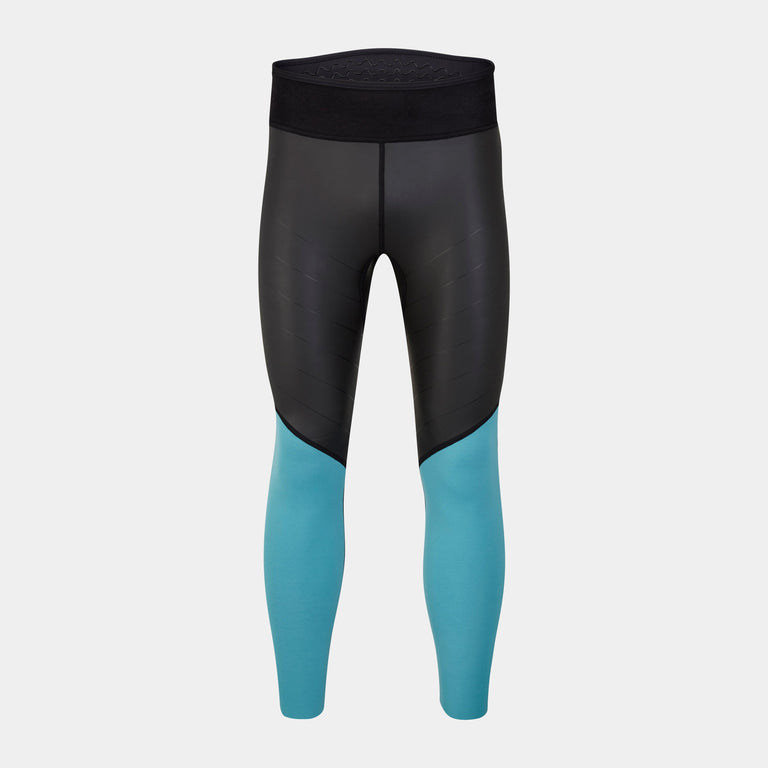
![Element Wetsuit Pants [Mens]](http://eu.alpkit.com/cdn/shop/products/element-mens-jacket-pants-ecom-2_c06af369-dc75-44f8-9ccb-f65f3737c4aa.jpg?v=1699443392&width=768)
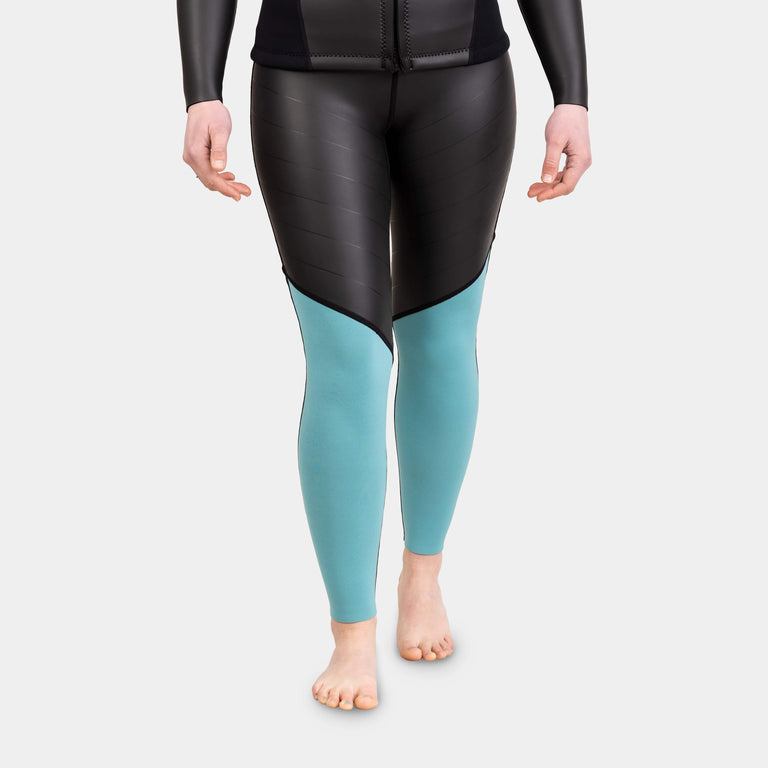
![Element Wetsuit Pants [Womens]](http://eu.alpkit.com/cdn/shop/products/element-womens-jacket-pants-ecom-2_255d3f4a-410d-4d32-a657-6d9bab5b0d2d.jpg?v=1702651971&width=768)
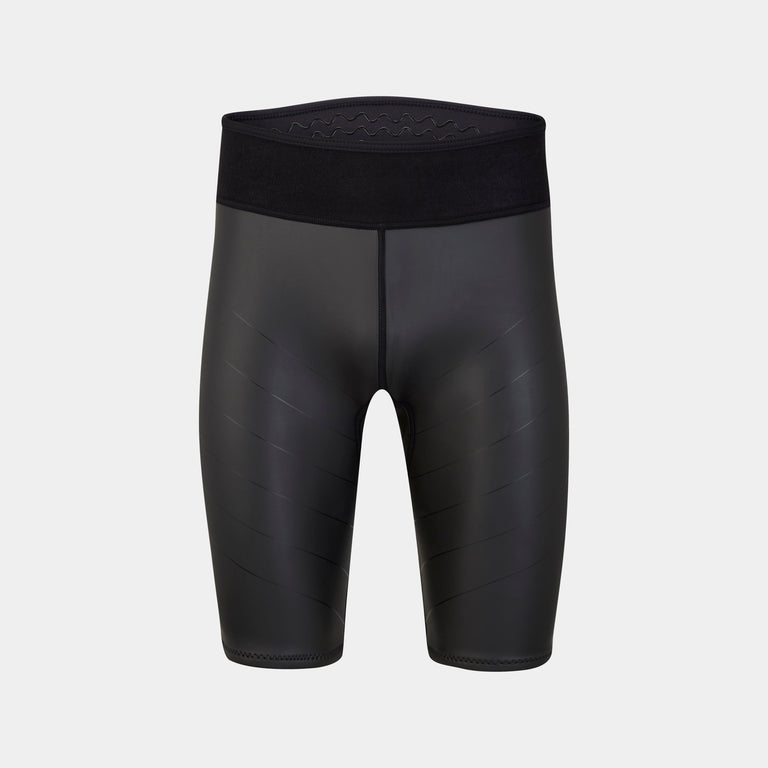
![Element Wetsuit Shorts [Mens]](http://eu.alpkit.com/cdn/shop/products/element-mens-vest-shorts-ecom-2.jpg?v=1702916294&width=768)
![Element Wetsuit Shorts [Womens]](http://eu.alpkit.com/cdn/shop/products/womens-element-shorts.jpg?v=1702654051&width=768)
![Element Wetsuit Shorts [Womens]](http://eu.alpkit.com/cdn/shop/products/element-womens-vest-shorts-ecom-1.jpg?v=1702654051&width=768)

![Element Wetsuit Vest [Mens]](http://eu.alpkit.com/cdn/shop/products/element-mens-vest-shorts-ecom-2_bed513c4-b564-4446-856d-d889f90f885e.jpg?v=1702909396&width=768)
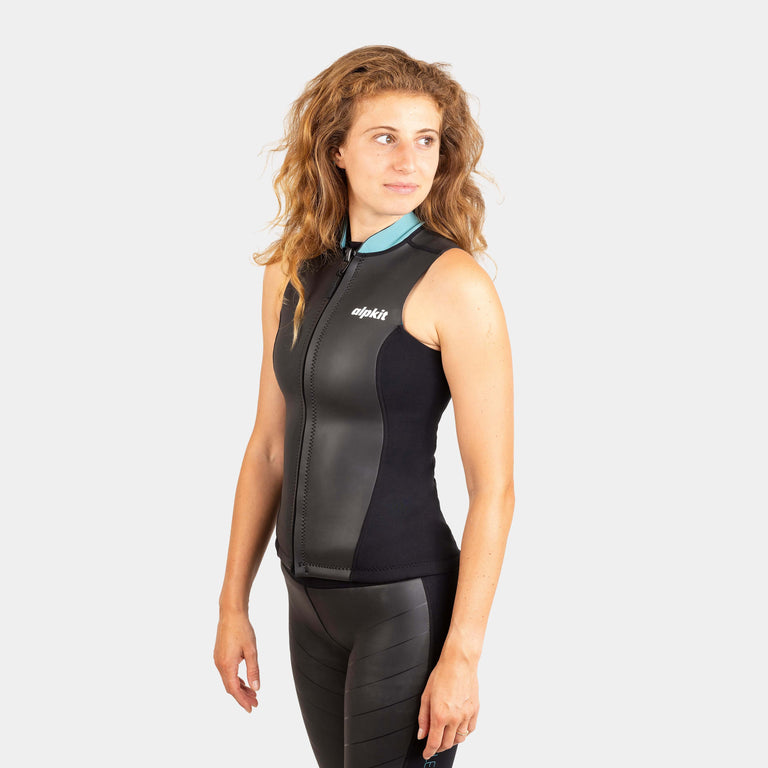
![Element Wetsuit Vest [Womens]](http://eu.alpkit.com/cdn/shop/products/element-womens-vest-shorts-ecom-1_1528bae7-f3c8-4428-8269-460923ac64da.jpg?v=1702894771&width=768)
![Silvertip Cold Water Wetsuit [Womens]](http://eu.alpkit.com/cdn/shop/files/silvertip-womens.jpg?v=1706641977&width=768)
![Silvertip Cold Water Wetsuit [Womens]](http://eu.alpkit.com/cdn/shop/files/SWAKSILTSC-neoprene-outdoor-swimming-cap-in-water_758f3933-2d1a-471a-a965-24105416e9b2.jpg?v=1706641977&width=768)
